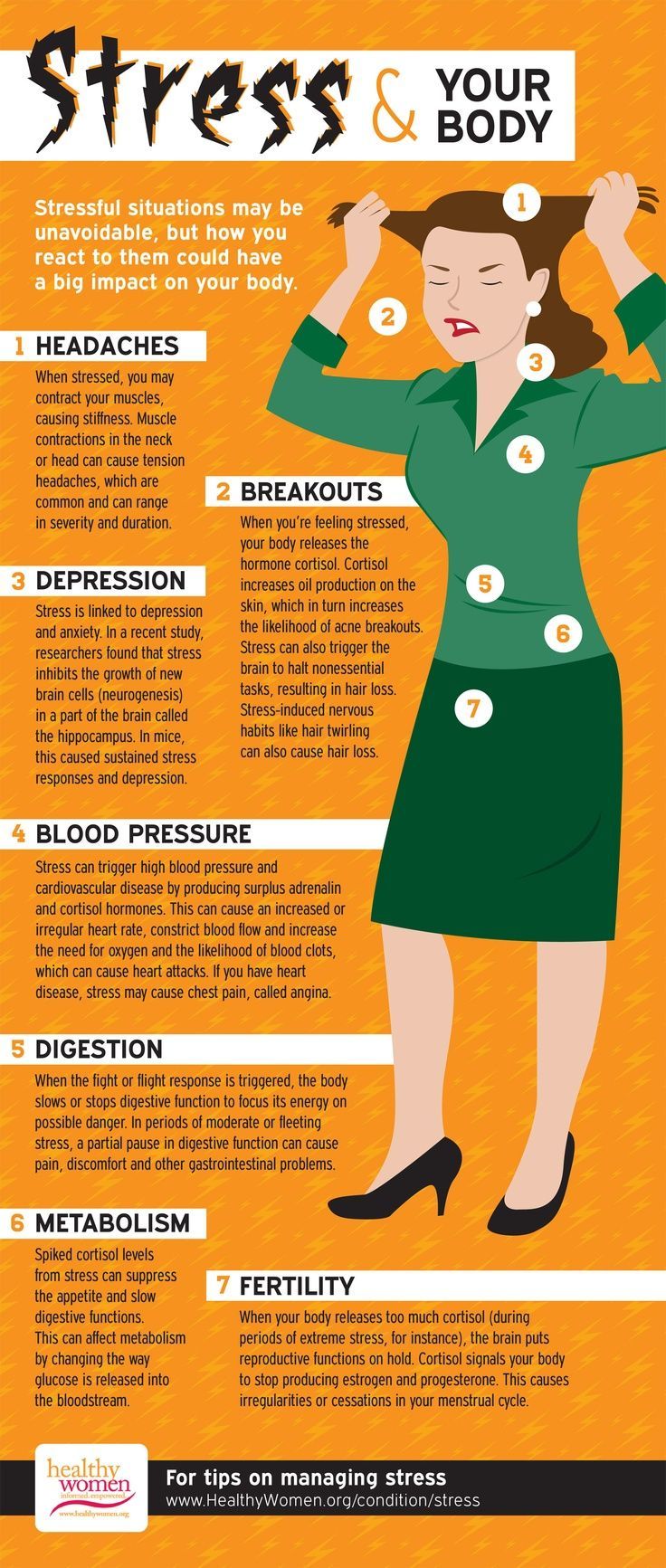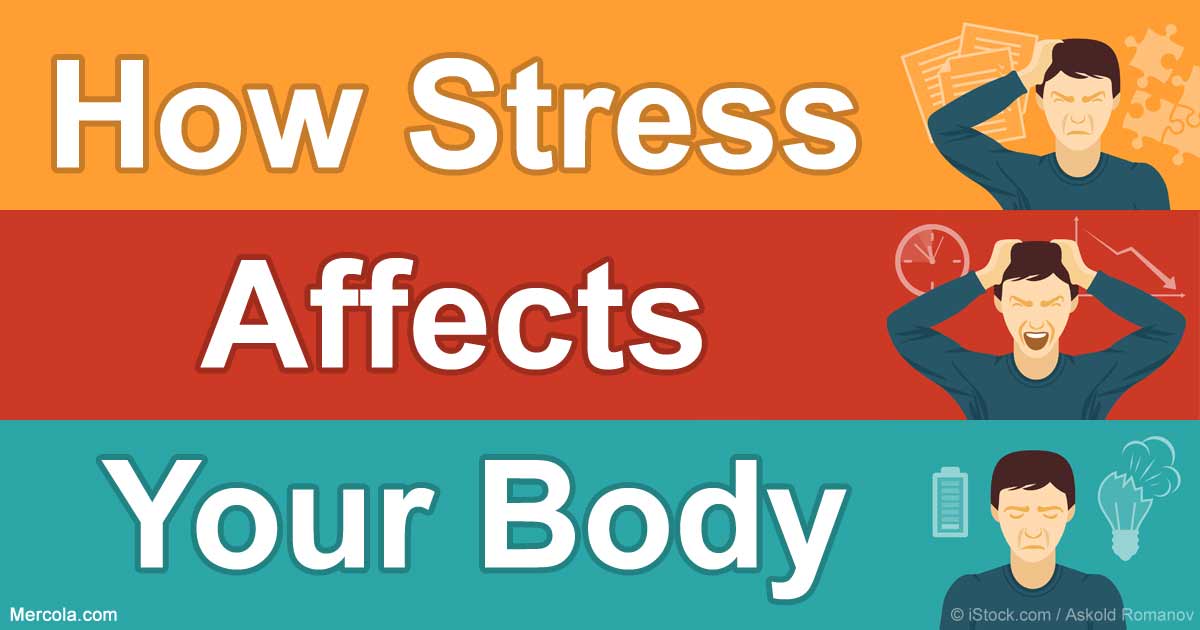You’re sitting in traffic, late for an important meeting, watching the minutes tick away. Your hypothalamus, a tiny control tower in your brain, decides to send out the order: Send in the stress hormones! These stress hormones are the same ones that trigger your body’s “fight or flight” response. Your heart races, your breath quickens, and your muscles ready for action. This response was designed to protect your body in an emergency by preparing you to react quickly. But when the stress response keeps firing, day after day, it could put your health at serious risk.

You May Alos Like: What is Stress
Stress is a natural physical and mental reaction to life experiences. Everyone expresses stress from time to time. Anything from everyday responsibilities like work and family to serious life events such as a new diagnosis, war, or the death of a loved one can trigger stress. For immediate, short-term situations, stress can be beneficial to your health. It can help you cope with potentially serious situations. Your body responds to stress by releasing hormones that increase your heart and breathing rates and ready your muscles to respond.
Stress: 10 Ways to Ease Stress
Yet if your stress response doesn’t stop firing, and these stress levels stay elevated far longer than is necessary for survival, it can take a toll on your health. Chronic stress can cause a variety of symptoms and affect your overall well-being. Symptoms of chronic stress include:
- irritability
- anxiety
- depression
- headaches
- insomnia
Central nervous and endocrine systems
Your central nervous system (CNS) is in charge of your “fight or flight” response. In your brain, the hypothalamus gets the ball rolling, telling your adrenal glands to release the stress hormones adrenaline and cortisol. These hormones rev up your heartbeat and send blood rushing to the areas that need it most in an emergency, such as your muscles, heart, and other important organs.
When the perceived fear is gone, the hypothalamus should tell all systems to go back to normal. If the CNS fails to return to normal, or if the stressor doesn’t go away, the response will continue.
Respiratory and cardiovascular systems
Stress hormones affect your respiratory and cardiovascular systems. During the stress response, you breathe faster in an effort to quickly distribute oxygen-rich blood to your body. If you already have a breathing problem like asthma or emphysema, stress can make it even harder to breathe. Discount
Under stress, your heart also pumps faster. Stress hormones cause your blood vessels to constrict and divert more oxygen to your muscles so you’ll have more strength to take action. But this also raises your blood pressure.
As a result, frequent or chronic stress will make your heart work too hard for too long. When your blood pressure rises, so do your risks for having a stroke or heart attack.
Digestive system
Under stress, your liver produces extra blood sugar (glucose) to give you a boost of energy. If you’re under chronic stress, your body may not be able to keep up with this extra glucose surge. Chronic stress may increase your risk of developing type 2 diabetes.
The rush of hormones, rapid breathing, and increased heart rate can also upset your digestive system. You’re more likely to have heartburn or acid reflux thanks to an increase in stomach acid. Stress doesn’t cause ulcers (a bacterium called H. pylori often does), but it can increase your risk for them and cause existing ulcers to act up.
Stress can also affect the way food moves through your body, leading to diarrhea or constipation. You might also experience nausea, vomiting, or a stomachache. Coupon
Muscular system
Your muscles tense up to protect themselves from injury when you’re stressed. They tend to release again once you relax, but if you’re constantly under stress, your muscles may not get the chance to relax. Tight muscles cause headaches, back and shoulder pain, and body aches. Over time, this can set off an unhealthy cycle as you stop exercising and turn to pain medication for relief.


